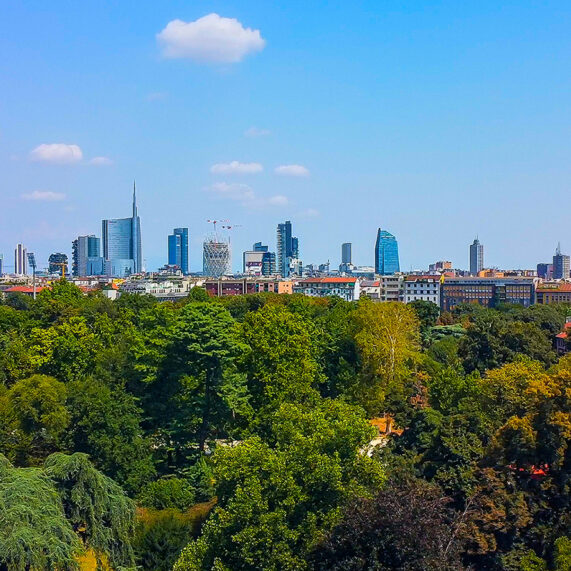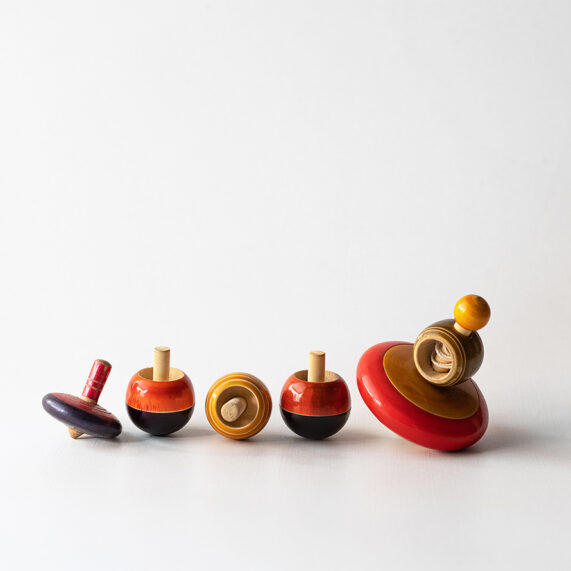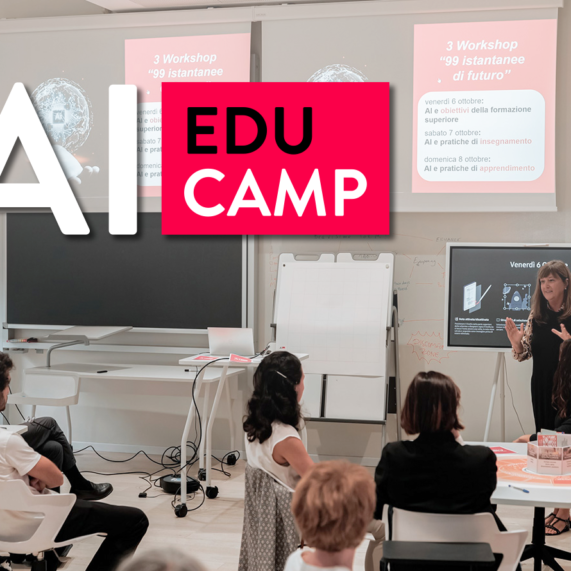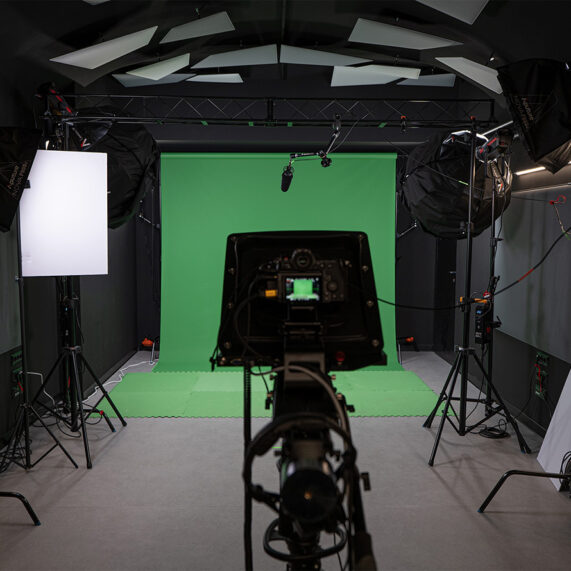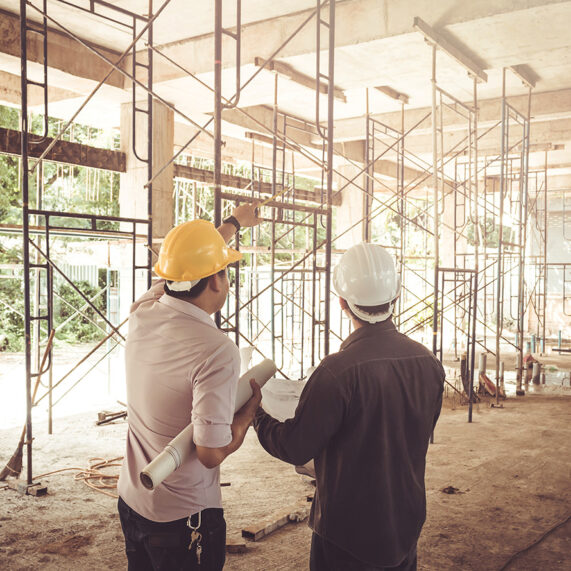From 2024 to 2027, Politecnico di Milano will participate in the project entitled “VRChem: Innovative Integration of Virtual Reality in Chemical Engineering Education”. The implementation of the project will be financed by the Polish National Agency of the Erasmus+ Program under Action 2 of the Cooperation Partnerships. The leader of the project is the Faculty of Chemical Engineering and Technology at the Cracow University of Technology in Poland. The initiative will be carried out by an international consortium of universities that includes: Lodz University of Technology (Poland), University of Aveiro (Portugal) and University of Cadiz (Spain).
The VRChem project responds to the needs of contemporary education related to stimulating innovative learning and teaching practices, as well as supporting the digital and green capabilities of the higher education sector. In this context, virtual reality (VR) technology has significant potential as a tool that students and academics can use to visualize and interact with equipment and processes. – explains Project Coordinator.
A key aspect related to the implementation of VR technology in teaching is professional support in particular for lecturers and academics who have not previously had experience in a VR environment. The project will develop a framework course program with VR, including methodology and training materials for academics who want to organize classes using VR technology instead of traditional methods. The leader of this task will be the METID group from Politecnico di Milano, which specializes in the area of teaching methodologies using VR.
Another equally interesting task in the project is the creation of a VR platform dedicated to teaching issues related to chemical engineering. – Practical and engaging exercise scenarios in a virtual environment will allow students to interactively explore complex chemical processes, which will increase their engagement in the learning process. Realistic 3D representation of chemical plants allows for testing of equipment systems before their actual installation, detecting potential design errors and making corrections at early stages and spatial planning of industrial processes. This allows for a better understanding of how individual elements of the installation will function in reality. VR allows users to learn in a safe, controlled and risk-free environment. – clarifies project Coordinator.
Another planned functionality of the platform will be the ability to virtually explore devices by “dissecting” them and observing the processes taking place. This is practically unfeasible when using an actual device, which is often made of materials that make it impossible to look inside. What is noteworthy is that the VR platform will operate in an open environment, where anyone, after registering, will be able to explore the posted materials. The highly responsive challenge of creating the platform was entrusted to specialists from the VOXEL Research Lab at the Technical University of Lodz in the field of immersive technologies, as well as from DigiMedia at the University of Aveiro in the area of interactive technologies. The created educational and training materials for students and academics, as well as the VR platform, will be tested at each of the project’s partner universities. Of course, it is also planned to purchase a dozen sets of equipment necessary for pilot training and subsequent exploration in the course of teaching VR technology. Certainly, the results achieved in the project will help academics make teaching chemical engineering more interesting. In addition, the students’ experiences gained through VR will allow them to develop their skills, which will better prepare them for future professional challenges.




